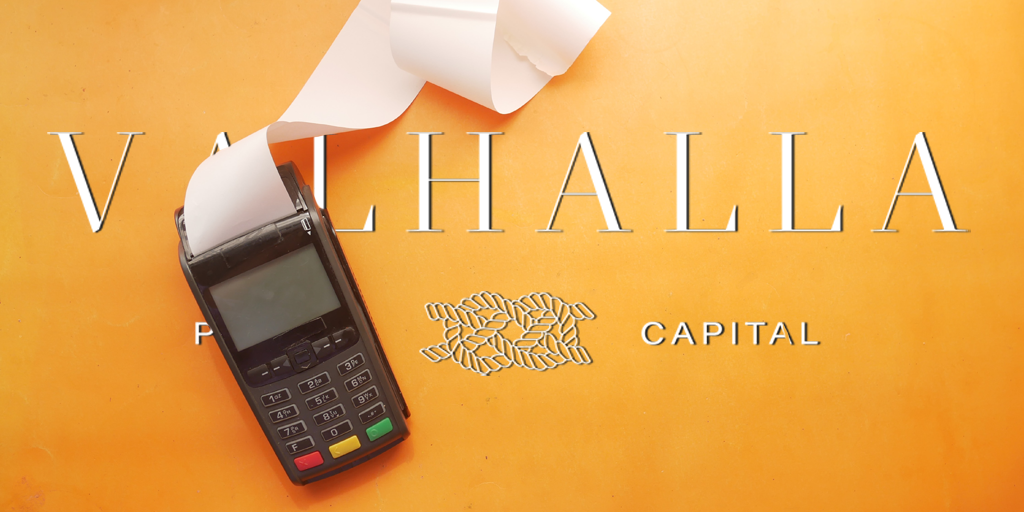
Emmet McGonagle
Randy Stewart Thompson – chairman of Valhalla Private Capital, managing director of Old Kent Road Financial and co-owner of Peterborough United Football Club – has condemned “the dawn of the $10 million pre revenue SAFE note” as “one of the most dangerous trends” in today’s startup economy.
Discussing simple agreements for equity (SAFEs) at Decentralised Energy Canada (DEC)’s 2022 Annual General Meeting and Investor Forum alongside Anouk Kendall, president of DEC; Natasha Kostenuk, CEO of Ayrton Energy; Dan Erhardt, CEO of Arcus Power Corp and John MacInnes, chair and CEO of Earthware; Randy described the practice as “a Dumb and Dumber reverse IOU”.
“I give you the money, you tell me in three years what it's actually going to be worth, and there's no valuation exercise going on because you're pre-revenue and don't actually have any sales,” he continued.
For those of you who would like a more straightforward explanation,
Contracts Counsel defines a SAFE note as “a legally binding promise to allow an investor to purchase a specified number of shares for an agreed-upon price at some point in the future”.
Consequently, the $10 million pre revenue SAFE note can lead to entrepreneurs taking more money from investors than necessary; for example, Randy posits that if someone is pitching for $500,000 and is offered a total of $2m from investors “the entrepreneur still gets to only give up 25%”.
“Take that to Roynat or any corporate finance shop and see how you do,” Randy concluded.
Do you have a question about angel investing? Get in touch with Valhalla Private Capital via our
contact page.



